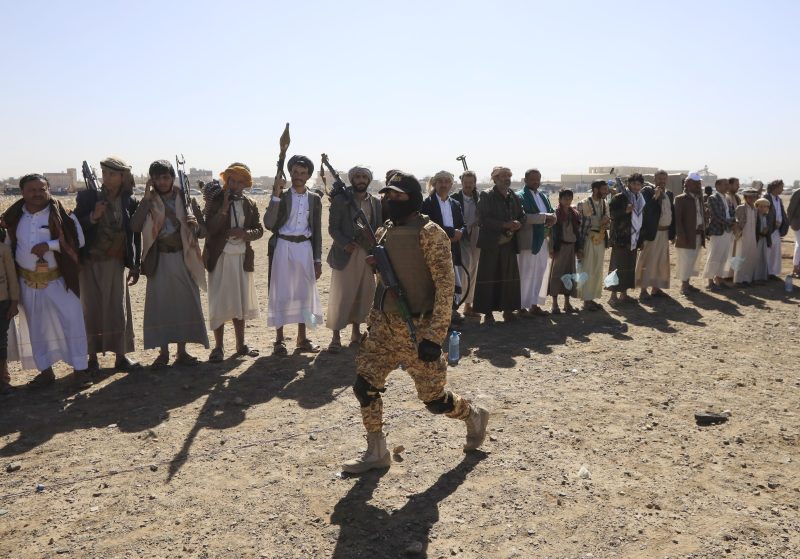The recent announcement that a group of House members is calling on President Biden to seek authorization for US military strikes in Yemen has brought significant attention to the ongoing conflict in the region. The move reflects growing concerns over the use of military force without proper congressional approval, raising questions about the extent of presidential authority when it comes to initiating military actions.
The conflict in Yemen is a complex and multifaceted one, with regional and international implications. Since 2015, a military coalition led by Saudi Arabia and the United Arab Emirates has been conducting a campaign against Houthi rebels who control large parts of the country. The conflict has led to a dire humanitarian crisis, with widespread famine, disease outbreaks, and civilian casualties.
The call by House members for President Biden to seek authorization for strikes in Yemen is rooted in concerns about the constitutional authority for the use of military force. Under the US Constitution, only Congress has the power to declare war. However, there has been a longstanding debate about the extent of presidential authority when it comes to military actions short of a formal declaration of war.
Throughout history, presidents have used their powers as Commander-in-Chief to conduct military operations without explicit congressional authorization. This practice has often been justified on the basis of inherent executive power and the need for swift and decisive action in times of crisis. However, critics argue that this interpretation of presidential authority undermines the democratic principle of checks and balances and can lead to a dangerous concentration of power in the executive branch.
The Yemen conflict raises important questions about the scope of presidential authority in initiating military actions. As House members argue, the use of military force, especially in situations where there is no imminent threat to US national security, should require congressional approval. This position aligns with the principle of legislative oversight and ensures that decisions about war and peace are not made by a single individual, but rather through democratic debate and deliberation.
Moreover, seeking congressional authorization for military strikes in Yemen is not only a matter of constitutional legality, but also of moral responsibility. The conflict has caused immense suffering for the Yemeni people, with millions facing starvation and displacement. The United States, as a global superpower, must consider the humanitarian consequences of its actions and prioritize efforts to end the conflict and alleviate the suffering of the Yemeni people.
President Biden, who campaigned on the promise of ending US support for the Yemen war, has an opportunity to demonstrate his commitment to upholding democratic principles and promoting peace. By seeking congressional authorization for military strikes, he can show that his administration is committed to a transparent and accountable approach to foreign policy.
In conclusion, the call by House members for President Biden to seek congressional authorization for military strikes in Yemen reflects broader concerns about the extent of presidential authority in initiating military actions. The conflict in Yemen has sparked a profound humanitarian crisis, and it is imperative that decisions regarding the use of US military force are made through democratic processes with proper oversight. By seeking congressional approval, President Biden can demonstrate his commitment to democratic principles and work towards ending the suffering of the Yemeni people.
